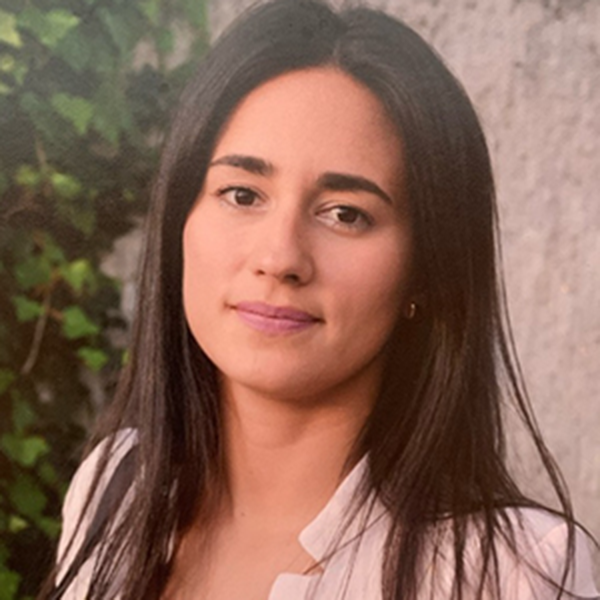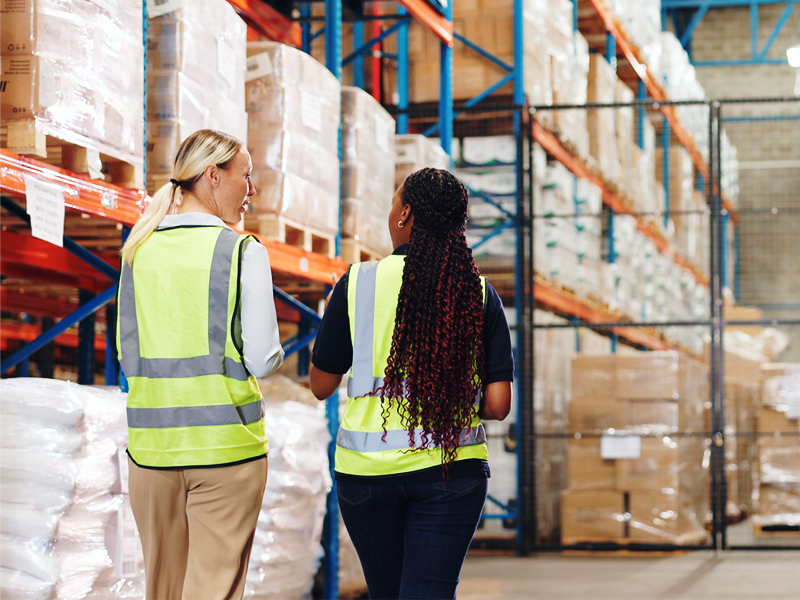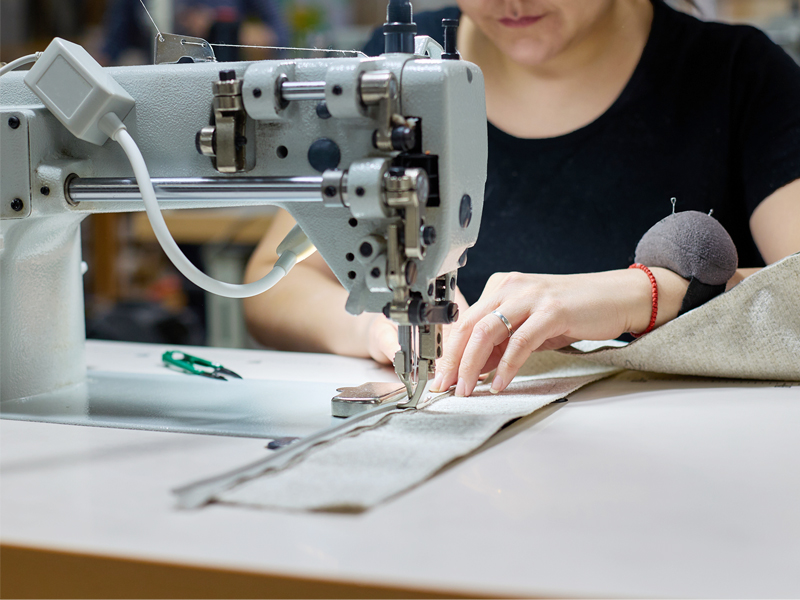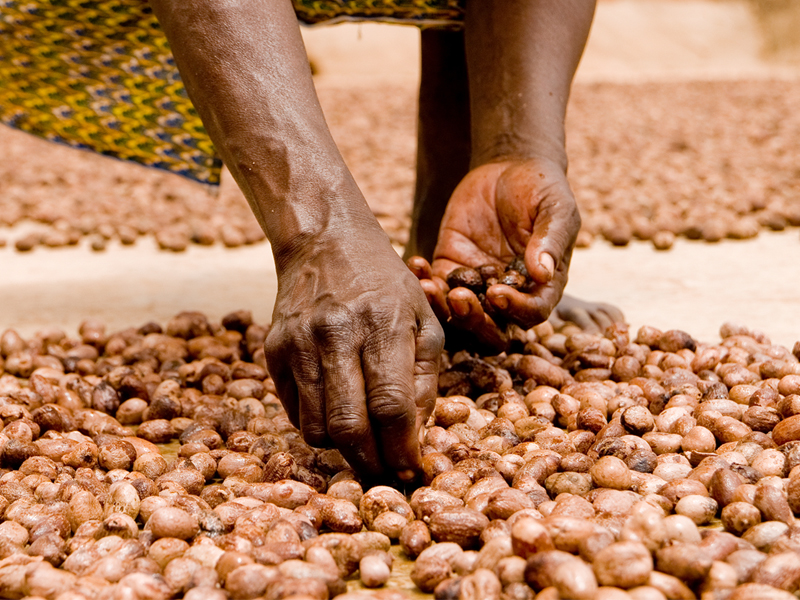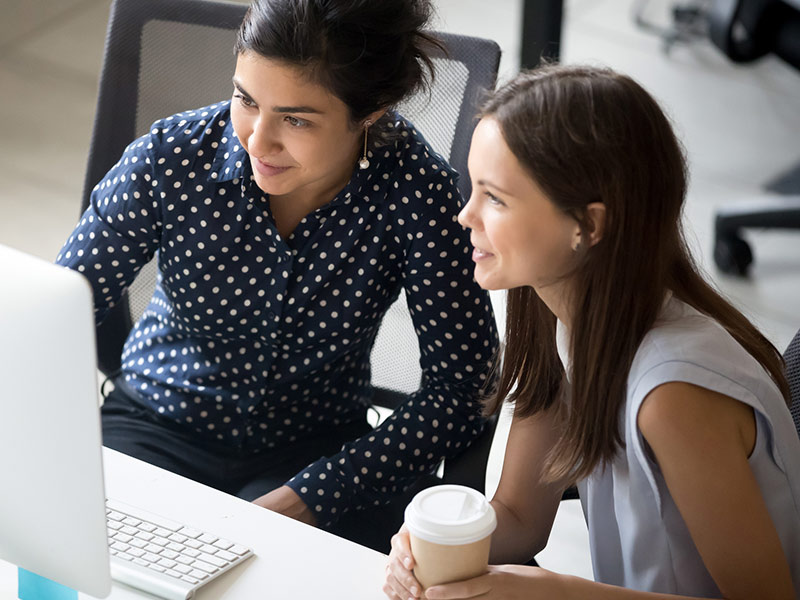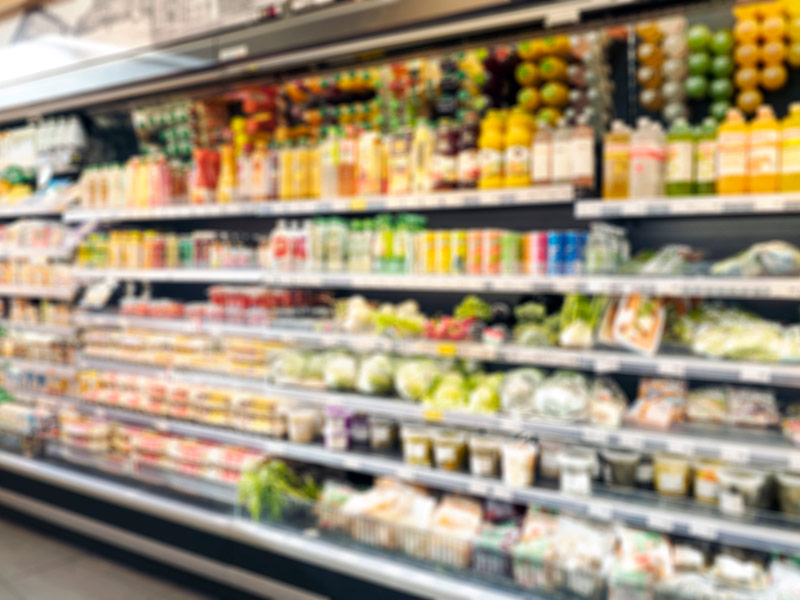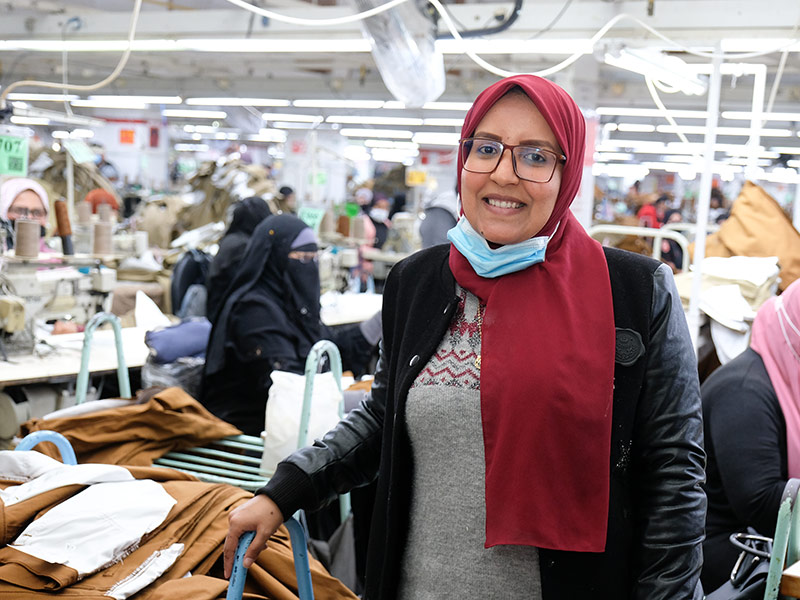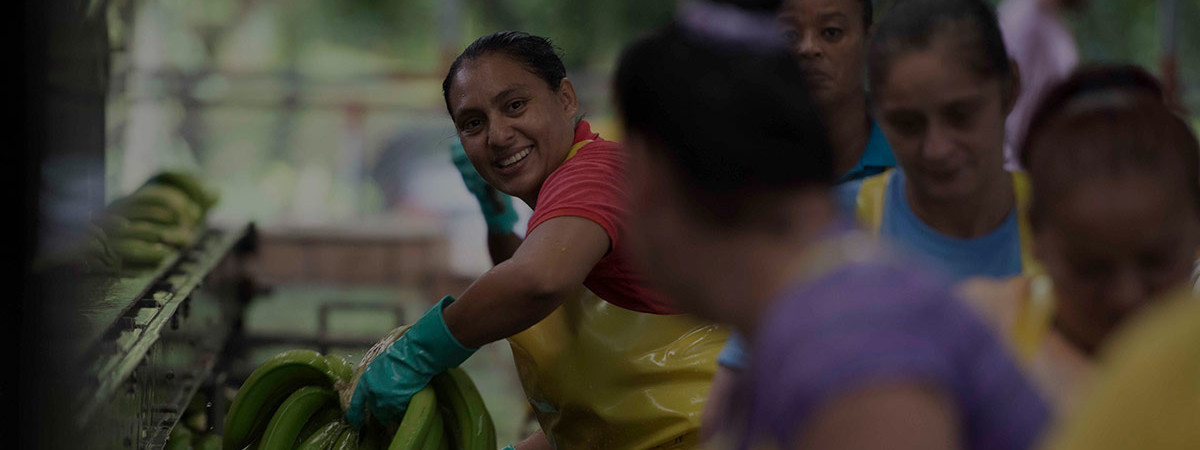
Photo credit: Fyffes plc
As responsible business deepens its commitment to empowering women across the value chain, new opportunities have arisen, which can improve operations and benefit both business and workers. One such opportunity is via an educational online tool that HERproject and Fyffes kickstarted last year in Latin America and the Caribbean. The tablet-based program works directly in fruit fields in the region, using videos, games, and quizzes that illustrate a selection of everyday situations that workers face both in the workplace and at home. It aims to challenge traditional gender stereotypes and provides essential information on health, financial resilience, and stress management while improving overall digital literacy.
The Gender Equality Observatory for Latin America and the Caribbean points to limited progress for gender equality in the region. One in three women do not earn a regular income, making them economically dependent on others. This, combined with a disproportionate burden of domestic activities and low representation in senior leadership positions, unions, and cooperatives, drastically reduces women’s opportunities in the workplace.
Considering the impact of the COVID-19 pandemic, as well as limited access to information in rural settings, Fyffes and HERproject expanded the new digital program HERessentials across Fyffes-owned banana, melon, and pineapple farms in Costa Rica, Ecuador, Honduras, and Belize.
To date, 1,100 Fyffes workers have been trained using the App. Drawing upon experience working in Latin America and the Caribbean, key insights are summarized below:
How to Gain Buy-in from Farms and Build Ownership of the Training Program
Fyffes identified that the ambition of addressing gender issues at the farm level came from gender equality being one of its core sustainability targets. Championed by the senior leadership team, this focus enabled the farm teams to prioritize gender amidst demanding schedules and other priorities. HERessentials has been a key tool in helping them achieve this goal.
Another crucial part in successfully creating ownership has been the leadership of on-site management and human resources teams, who created gender management committees to aid the implementation of the program. Each team has embraced HERessentials and driven the program forward week by week.
How to Train and Engage Workers, Especially Women, in Farms
The use of technology could make it challenging or intimidating for workers to engage in the program. However, HERessentials is a self-driven program that gives workers full autonomy to navigate the modules at their own pace. Creating a comfortable space and building trust with the facilitator guarantee high engagement levels. HERessentials works offline and can be delivered in a setting that is less intimidating than the classroom, such as the field, a lunchroom, or community area.
Fyffes has introduced a liaison element to speak informally to workers about the challenges they face, both at home and in the workplace, around the topics covered in the training. The workers relish this opportunity to open up and discuss issues.
“The issues covered in the training are very relevant within the reality of the communities where we operate. It is this simple approach of providing relevant information, that makes employees decide if they will continue to receive more training in other issues such as reproductive health, occupational health, financial management and stress, for example. HERessentials has been very well received, and it is certainly of benefit to our employees and their families.”
—Alejandro Cordero, human resources manager at Fyffes, Costa Rica
How to Make Training Content Relevant to the Agricultural Sector and to the Region
HERessentials is now ready to be implemented in any Latin American country, and it is suitable for multiple agricultural sectors. This makes it an appealing tool to work with stakeholders to achieve sustainability goals, which Fyffes has demonstrated by engaging both IDH—The Sustainable Trade Initiative and Lidl GB as partners in HERessentials implementation.
In the upcoming years, Fyffes will continue to use HERessentials to reach its sustainability target: 100 percent of Fyffes-owned sites in Latin America will benefit from gender equality programs by 2025 and 50 percent of its suppliers by 2030. The next step is to expand the program to banana suppliers in Nicaragua, Colombia, and Costa Rica, aiming to incorporate small producers, where women workers face additional challenges than in conventional farming systems.
HERessentials is flexible and works in any rural setting, from fruit to coffee, cacao, and flowers. If you're interested in learning more, please contact the HERproject team.
Topics
Collaborative Initiatives
Let’s talk about how BSR can help you to transform your business and achieve your sustainability goals.
